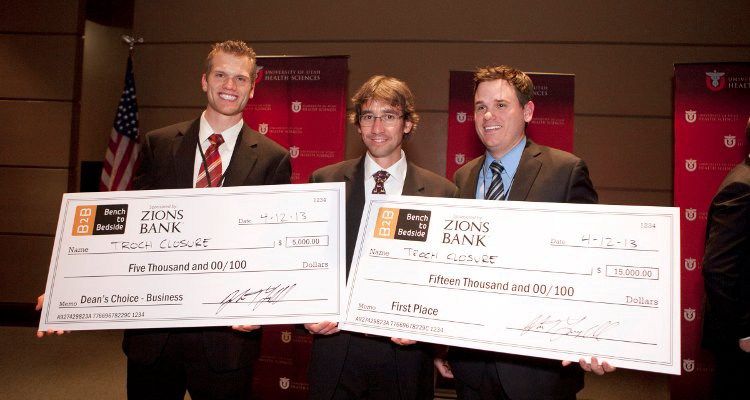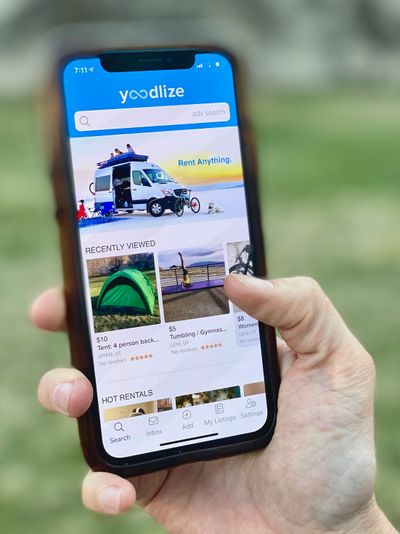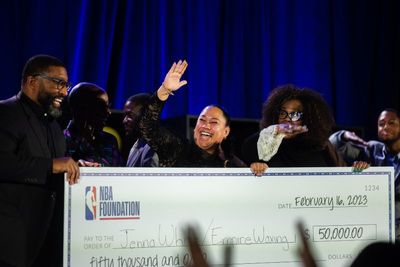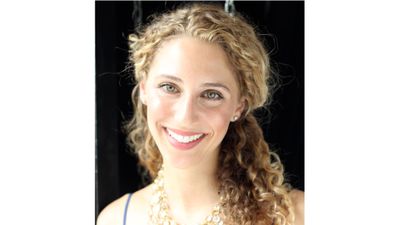We’re really excited for the potential of this company to impact healthcare.
As far as startups go, there’s nothing less sexy than medical device companies — and it shows: healthcare venture capital funding hit a decade-low in 2013, and it’s only waned in the two years since. But Spencer Madsen is hoping to change that perspective.
“Medical devices are considered higher risk because the time to your first sale is longer. However, the risk reward ratio is actually better for a medical device company,” Madsen, the co-founder and CTO of 6S Medical LLC, argues. “Healthcare systems aren’t going to go out of business anytime soon — there’s no fluctuation in the market. People need better healthcare all the time.”
6S Medical’s offering to the medical industry is called TroClosure — a two-in-one device that both provides access to the abdominal wall during surgery and also has a mechanism to sew the wound together on its way out. A regular trocar, the medical device TroClosure is based off, forces the surgeon to close the inner side of the cut blindly, which can lead to injury and infection.
“It’s safer for the surgeon, increases outcomes for the patient, and decreases costs for the hospital,” Madsen says. “It’s better than anything else on the market.”
And Campus Founders Fund agrees, which is why the student-run venture fund has invested $20,000 in 6S Medical.
“We’re really excited for the potential of this company to impact healthcare,” says Mark Khoury, a member of Campus Founders Fund’s investment team. “They have the potential to greatly reduce medical costs of revision surgeries.”
One thing about medical devices is that sometimes their utility doesn’t hit home until you need it, so it’s important to put things into perspective. Laproscopic surgeries for hernia repairs have a failure rate of up to 30%. 6S Medical estimates that this amounts to 100,000 revision surgeries annually in the U.S. and a $3 billion cost to hospitals.
“This means wasted time and resources, and it’s done to fix a problem that should’ve been fixed properly during the first procedure,” says Madsen.
As graduates of the University of Utah’s bioengineering program, Madsen and his co-founders have personally seen the need for their product. BioInnovate, a program within the bioengineering department, and a clinical problem solving class kept the Master’s students in the OR at the U’s hospital for hours watching surgeries and speaking to doctors about their needs, which is how they came up with their idea.
In Madsen’s words, “BioInnovate taught us the necessary processes — to find a need, to create a solution, and then to test it. Basically, it gave us the foundation of a device company.”
The bioengineering program wasn’t the only resource the 6S Medical team found at the University of Utah though. In 2013, TroClosure won the grand prize and the Best Business Idea award at the Bench-2-Bedside (B2B) competition, totaling $20,000 in prize money. The Center of Medical Innovation, a sponsor of B2B, later helped the 6S team build relationships with hospital surgeons and find mentors to get TroClosure through FDA regulatory processes.
“6S is well positioned to take advantage of Utah’s resources for medical device startups,” says Khoury. “They’re already taking advantage of the University of Utah’s Technology Venture Commercialization office and Center for Medical Innovation. Also, with incubators and accelerators like BioInnovations Gateway and Healthbox that are specifically positioned to provide resources and mentors for healthcare companies, there’s a lot of help available to get them to FDA clearance and product launch.”
“In the medical device world, it really is the case that ‘it takes a village to raise a child,’” Madsen says. “It takes a group of collaborative people helping when and where they can to get your product successfully to the market. And this device is definitely our child at the moment.”
As of now, 6S Medical’s “child” has raised nearly $100,000, which is going towards product development, engineering, and the regulatory process. But for as far as they come, the team still remembers how they got started and offer advice that applies not just to medical startups, but all industries.
“Have thick skin,” Madsen says. “For every hundred people you talk to, fifty will hate it, forty won’t care, and ten will like it. So keep pursuing it if you believe in it. And make the technology fail on the market if it’s going to fail. Don’t give up and not let the tech have a chance.”
Published 3/11/2015








